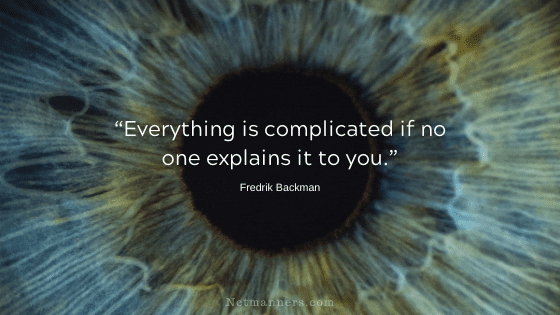When is a Joke Not a Joke in Email?

Have you ever had a contact not get your sense of humor in an email? You know you were joking — but they didn’t. Let’s talk about why that happens and how you can avoid it.
Everyone knows that there are times where others may not appreciate our sense of humor. Even more so with email where you cannot see body language, facial changes, or have the tone of voice to know for sure.
Here’s an example from a visitor to this website:
I guess it all depends on how that term was used. I can relate to this dilemma myself. I moved from Chicago to Mississippi well over a decade ago. There are friends that have called me that, and I know they are joking.
That said, others have said the same — and they weren’t. I didn’t know not liking Yankees was still a thing when I moved here. Lesson learned.
So it’s a matter of context and your relationship with that individual. Since you didn’t share the email, nor do I know the personalities involved, only you would know if an apology is in order. Listen to your gut–it is always right.
Based on what you’ve said, it appears you probably weren’t joking because you were calling them that to another person. With the intention being they wouldn’t know.
Every Situation and Relationship is Different
If your comment was typed in jest, and the person you are concerned about knows you pretty well and has a sense of humor, it shouldn’t be a problem. But we have a third party involved. So if you used that term to negatively describe the person in question or intimating frustration, you need to offer your humble and sincere apologies pronto.
Joking and sarcasm do not translate well in email and should be avoided unless you are a skilled communicator or know the folks on the receiving end so well you know they will understand what you mean. Otherwise, you risk your comments being perceived in a way you did not intent because you leave the interpretation of your humor up to the other side.
Using a smiley or winky (;)) is an invaluable way to confirming that you are joking. Another option is to always read your email out loud before clicking send. (And be cautious if you are hitting Reply when you want to Forward.) This can help you pick up any unintended or missing tone.
Whenever there is a hint of a misunderstanding regarding your tone or intent, the sooner you address and clarify the issue, the better. Apologize if you are not sure — especially if you value that relationship.
Have a question you would like me to write about?
Let me know here.







